THE PEOPLE OF THE FORESTS HAVE KNOWN HOW TO USE NATURAL RESOURCES FOR THOUSANDS OF YEARS. THEY DO SO WITHOUT exhausting them
The reproductivity of resources is one of the pillars of sustainable development. It must be balanced with efficient economic growth and social inclusion, which is an ambitious challenge for the Amazon.
Bringing sustainable development into the complex and immense context of the great forest means supporting local communities, creating jobs and providing incentives against poaching, environmental degradation and urban migration. It also means offering income alternatives and supporting local production as well as shortening the distance between product, producer and market.

Inspired by local knowledge and needs
Amazônia promotes business practices based on nature conservation to help traditional communities thrive.
WHAT WE ARE DOING
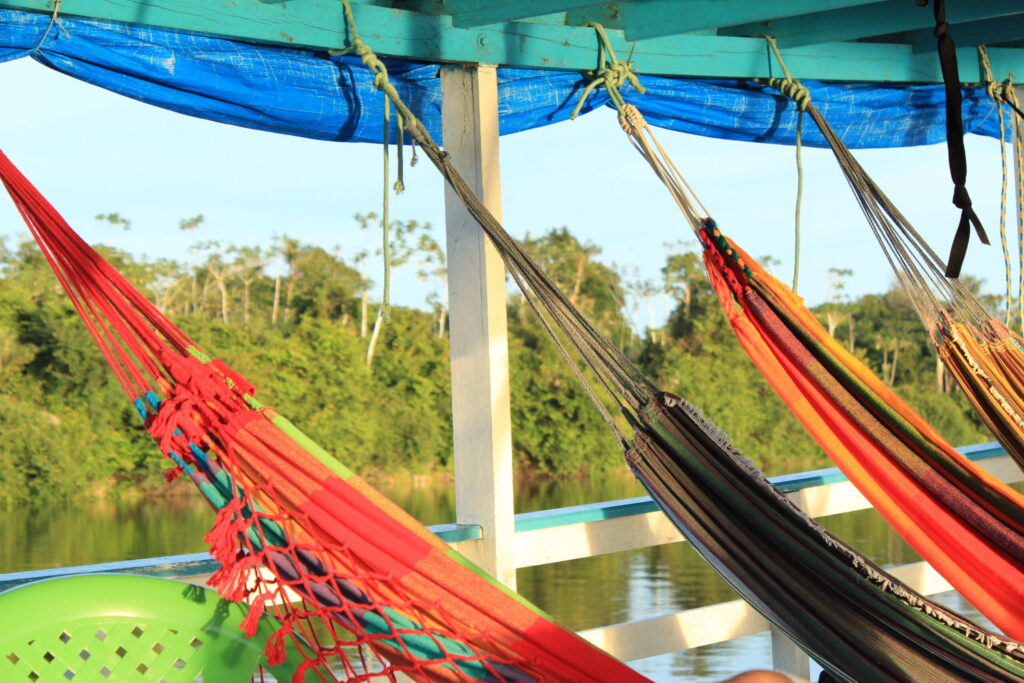
COMMUNITY-BASED ECOTOURISM
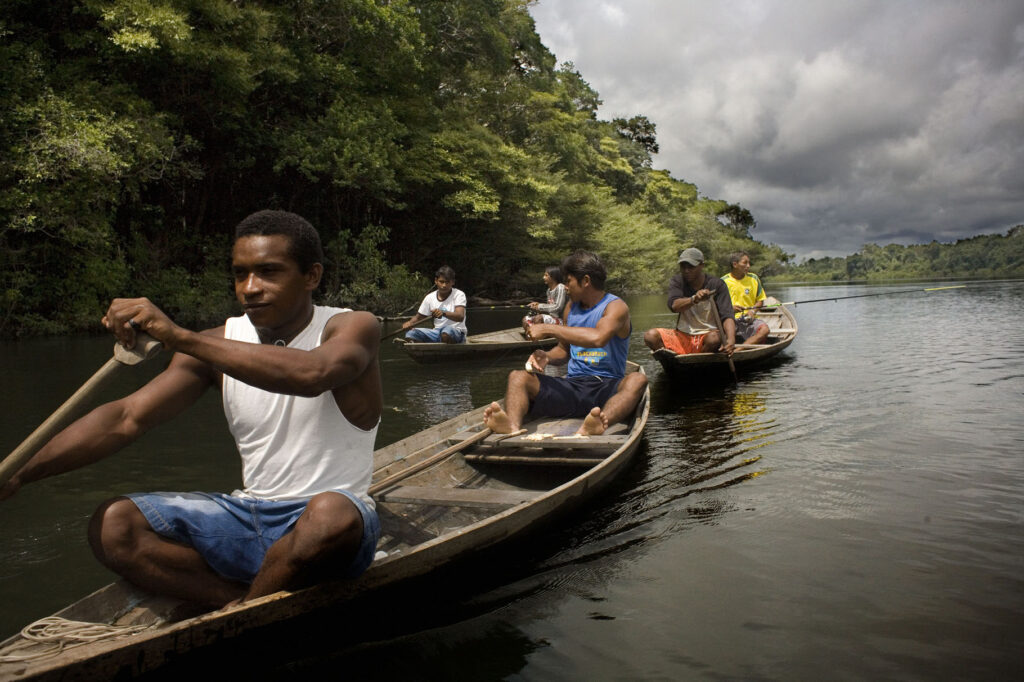
COOPXIXUAÚ
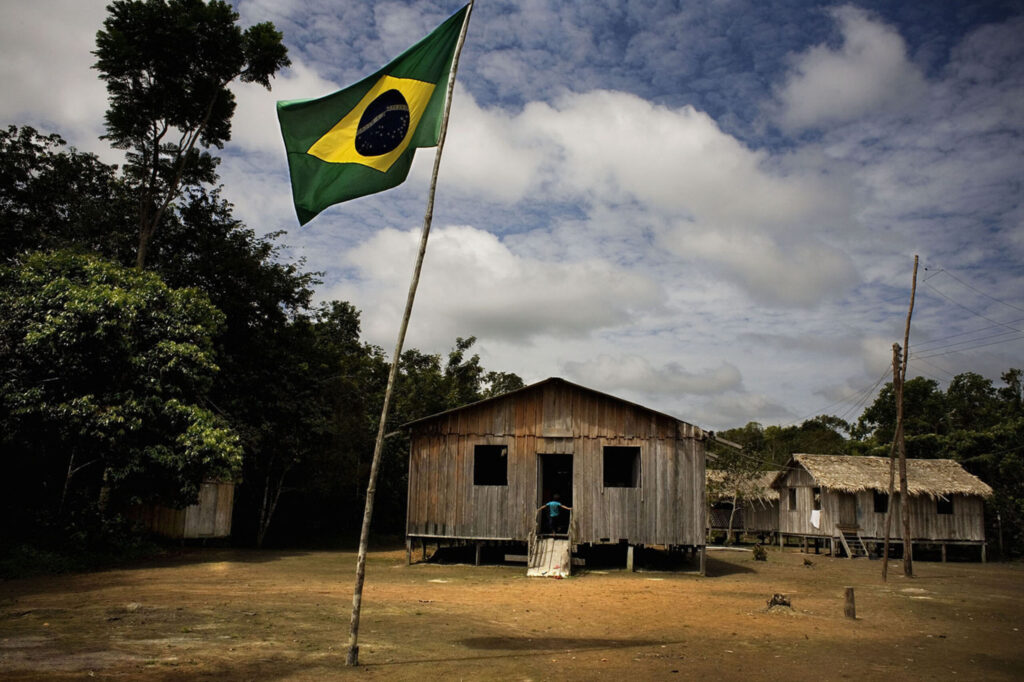
Maryba
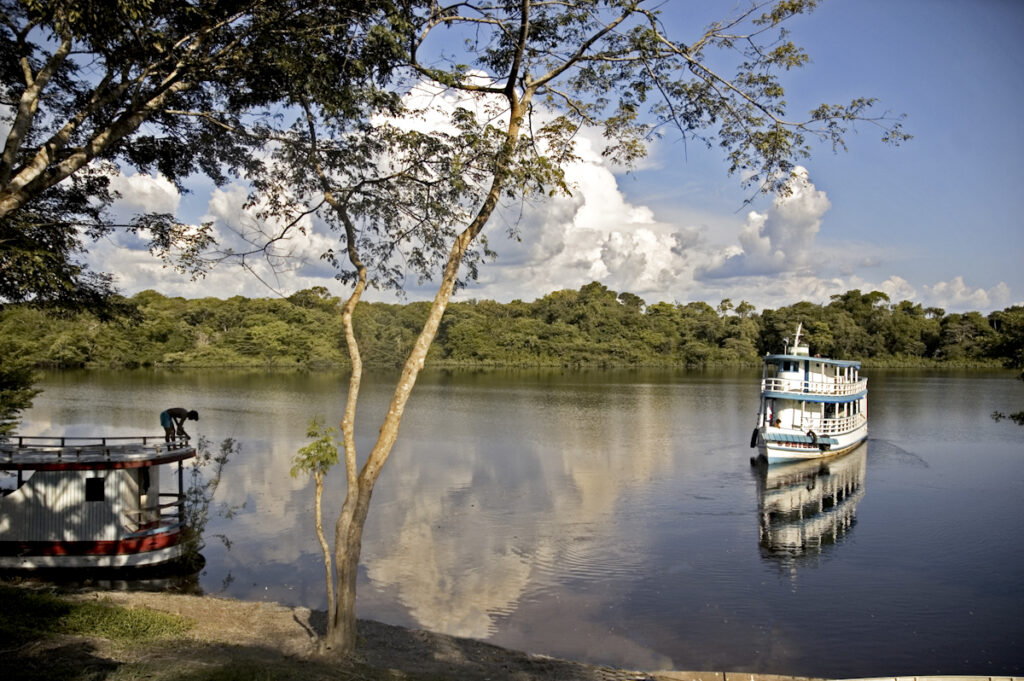
Transportation
and more...
Handicraft
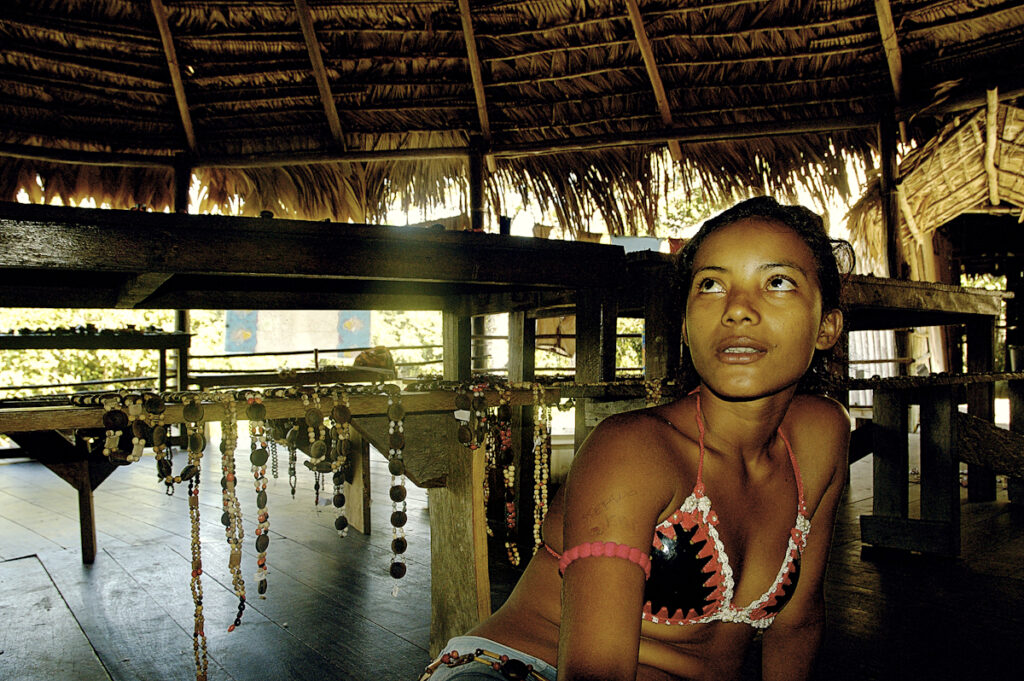
The use of natural resources to produce useful objects or jewelry and decorations is part of the Amazonian regional culture. However, in order for a subsistence business to turn into a good business, it is necessary to bring tradition and craftsmanship closer to good management, design and development practices.
Amazônia works to revitalize the artisan tradition and enhance the natural resources available in the forest. With creativity, mastery of technique and meticulous commitment, local artisans use traditional knowledge by bringing innovation, productivity and new functionalities to the immense material and iconographic repertoire of the region.
The production of local crafts is thus transformed into a sustainable commercial practice which creates new opportunities for inclusion and income for the weaker classes. This benefits women in particular, the main repositories of knowledge related to the collection of seeds, fibers and natural materials from the forest.
Fruits and fibers
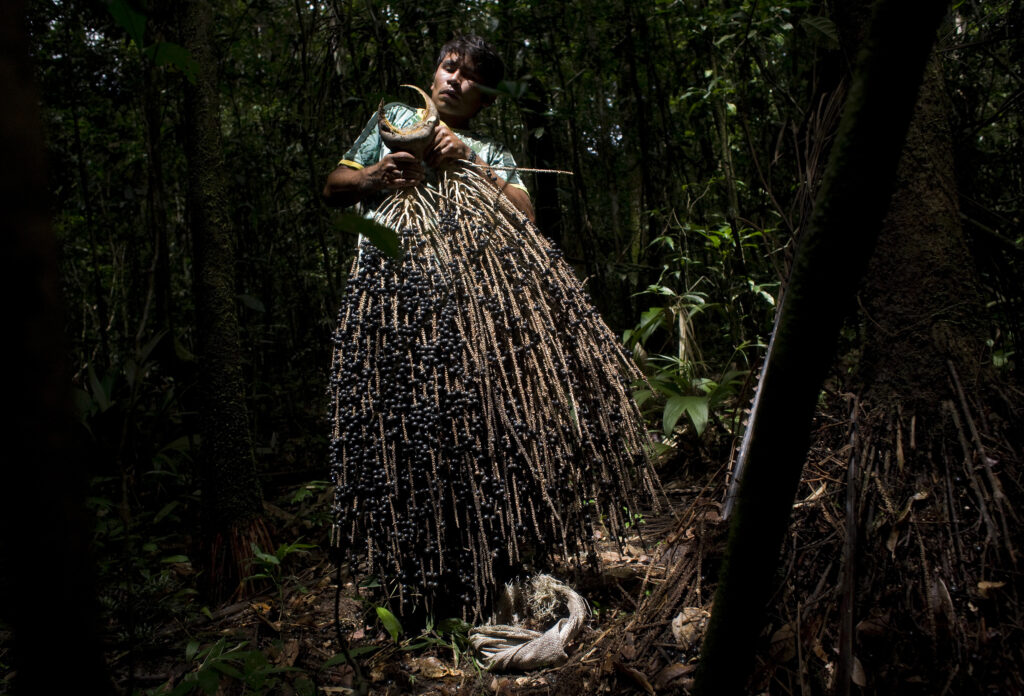
Traditional populations in the Amazon have a characteristic lifestyle; a unique and deep relationship with nature and its cycles, based on the availability of existing natural resources and adapting to what nature has to offer. Extractivism (the withdrawal of forest resources), is undoubtedly the most developed form of subsistence throughout Amazonian history.
Amazônia works to strengthen the production chain of non-wood forest products including, but not limited to, lianas, fibers, medicinal plants, oils, and the Amazon nut. We have encouraged commercial partnerships among local cooperatives, built warehouses for the conservation of products, and obtained a fair price on the markets. The commercialization of these precious resources accompanied by courses of good management practices to guarantee the environmental sustainability of the collection, has proven to have great economic potential.
Scientific research
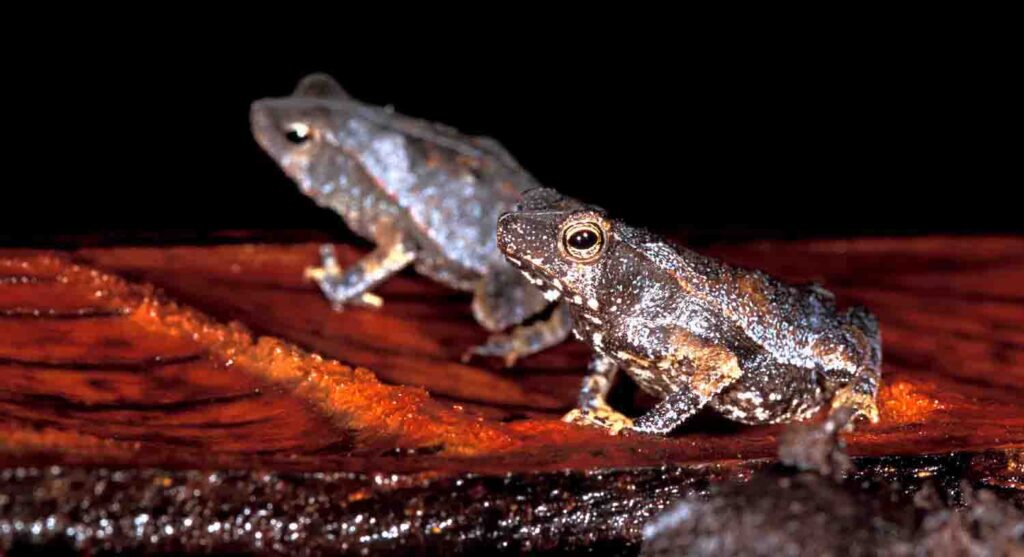
An unparalleled, still largely unknown biodiversity makes the Amazon a privileged destination for scientific research.
The primary forest offers endless research opportunities, and the active participation of the local population makes this activity a valuable tool for environmental conservation. Brazilian and other international universities and research institutes look at the remote and still preserved regions of the forest with interest.
Amazônia pays attention and respect to the traditional practices, customs and knowledge of the forest peoples – combining research with a fundamental commitment to training and strengthening the abilities of local communities. The knowledge of which the natives are custodians is in fact a potential source of income and can provide a concrete contribution to the self-sustainability of traditional communities.
